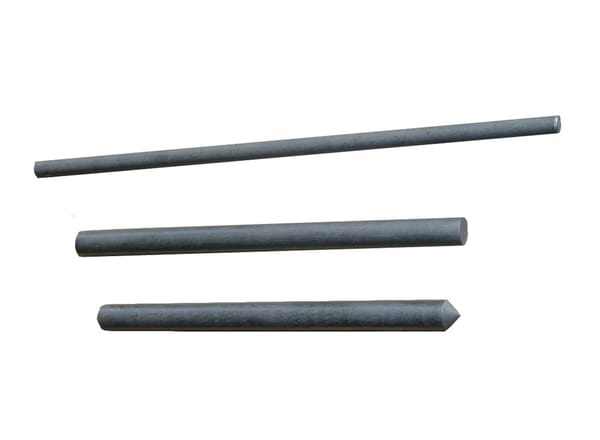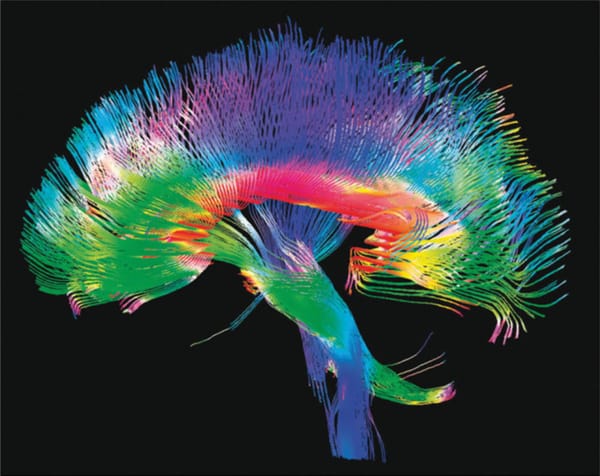Graphene: Ready to revolutionise solar power
Graphene has astonished scientists around the world with its fantastic electrical conductivity and mechanical properties

Yes, that’s right. You might have heard of graphene already. This Christmas the government invested £22 million into the so dubbed ‘super-material’. Imperial College London received £4.5 million, which, distributed between 3 research projects, hopes to contribute to the international quest for graphene technologies.
Graphene has astonished scientists around the world with its fantastic electrical conductivity and mechanical properties. Soon after its discovery in 2004 (for which the researchers won the 2010 Noble Prize in Physics) people started saying that it would shake the silicon empire to pieces and bring about a new technological era.
Graphene seems to have much more to say.
Last week a paper published in Nature Physics attributes another fantastic property to graphene: it can efficiently convert light into electricity. The research, undertaken by The Institute of Photonic Sciences of Barcelona (www.icfo.eu) is indeed highly exciting
Why?
Current solar cells are expensive to produce and not that efficient. Efforts to make them out of other materials have not quite culminated yet. The incorporation of graphene into the field brings new hopes and possibilities. Last week Spanish newspaper La Vanguardia published that the unexpected results could have an impact equivalent to the development of plastics in the 20th century. So how does this conversion of light into electricity work?
Conventionally semiconductors such as silicon are used. They have the property of conducting electricity neither brilliantly nor poorly. Somehow this mediocrity makes them absolutely great. The how is as follows: electrons cannot be accelerated by an electric field (and hence conduct electricity) because in order to do so they would have to enter forbidden energy levels of the material. However, if by some means they reach the empty energy levels above the forbidden region they are free. Free to move, accelerate, conduct electricity or whatever else you want. How can they achieve this? Light. Enlightenment. The electrons are dancing around the material when suddenly a photon (an energy packet of light) hits them on the head much like an intruding asteroid. Due to a much more celestial coincidence than Newton’s apple they are suddenly (if the energy packet is large enough) put in a (high and allowed) energy state. Since most high energy states are empty and free to access they can now accelerate as much as they want. Due to the potential gradient created by the different materials of the cell, the electrons actually do want to accelerate and naturally do so, thus creating a current.
All this explanation was actually useless and just for fun because graphene is not a semiconductor. The message to take home however is that if electrons are put into a higher energy state they relax back to a lower state, releasing heat (which is useless and also a nuisance). Hence, a lot of the high-energy radiation is lost into heat making it all very inefficient. In graphene, when the electrons relax, they give that energy to other electrons which can then also conduct electricity (they are very generous indeed). This means more energy from the radiation is converted into electricity, making it an absolutely excellent material, as we all already knew.
DOI: 10.1038/nphys2564









